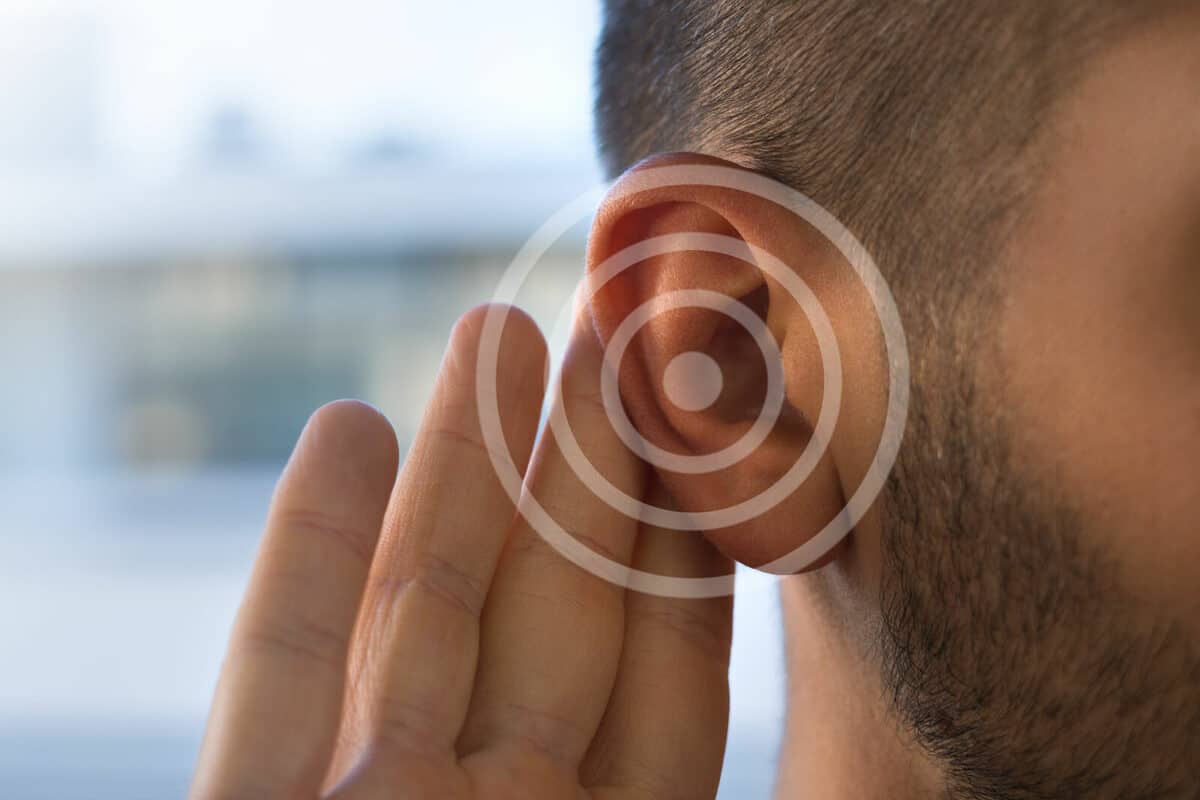- The Advantages of Rechargeable Hearing Aids - July 16, 2024
- How to Enjoy Music Festivals While Protecting Your Hearing - July 3, 2024
- Over-the-Counter Hearing Aids vs. Custom Hearing Aids - June 28, 2024
Tinnitus, often described as ringing, buzzing, or humming in the ears, is a common condition in the US. While tinnitus itself is not a disease, it can be a symptom of an underlying health issue. It can also be caused by factors such as exposure to loud noise, age-related hearing loss, or ear injuries. Coping with tinnitus can be challenging, but there are several great treatment options available to help manage symptoms and improve quality of life.
Understanding Tinnitus
Tinnitus is different for everyone. It can be a ringing, buzzing, hissing, whooshing, or clicking sound in one or both ears, and it may be constant or intermittent. Common causes of tinnitus include exposure to loud noise, age-related hearing loss, earwax buildup, ear infections, ototoxic medications, and underlying health conditions such as Meniere’s disease. Tinnitus is often another symptom of hearing loss.
Lifestyle Changes for Managing Tinnitus
One of the first steps in managing tinnitus is making lifestyle changes that can help reduce symptoms and improve overall well-being. These lifestyle modifications may include:
- Avoiding Loud Noise: Protect your ears from exposure to loud noise by wearing earplugs or earmuffs in noisy environments. Try to limit recreational activities that involve loud music or machinery.
- Managing Stress: Stress and anxiety can exacerbate tinnitus symptoms, so practicing relaxation techniques such as deep breathing, meditation, or yoga can help reduce stress and promote a sense of calm.
- Maintaining Healthy Habits: Adopting a healthy lifestyle that includes regular exercise, a balanced diet, and adequate sleep can support overall health and potentially alleviate tinnitus symptoms.
- Limiting Caffeine and Alcohol: Caffeine and alcohol consumption can worsen tinnitus symptoms for some individuals, so it may be helpful to reduce or eliminate these substances.
- Managing Ear Health: Keeping your ears clean and free of earwax buildup can help prevent tinnitus caused by blockages in the ear canal. However, it’s essential to avoid using cotton swabs or other objects to clean your ears, as this can push wax deeper into the ear and worsen symptoms.
Sound Therapy and Habituation Techniques
Sound therapy is a common approach to managing tinnitus that involves using external sounds to mask or distract from the perceived ringing or buzzing in the ears. Sound therapy may include:
- White Noise Machines: White noise machines or sound generators produce soothing sounds such as static or nature sounds, which can help mask tinnitus and promote relaxation.
- Tinnitus Retraining Therapy (TRT): TRT combines sound therapy with counseling techniques to help individuals habituate to the sound of their tinnitus and reduce the emotional distress associated with it.
- Masking Devices: Masking devices produce low-level sounds that help mask or reduce the perception of tinnitus. These devices can be worn in or behind the ear and are programmed to match the individual’s tinnitus pitch and volume. Many hearing aids also come with built-in tinnitus management programs that use masking to manage tinnitus.
- Background Music: Listening to music can provide relief from tinnitus by focusing attention on pleasant sounds and reducing awareness of tinnitus-related noises.
Medical Interventions for Severe Cases
In some cases, medical interventions may be necessary to manage severe or persistent tinnitus symptoms. These interventions may include:
- Medications: Certain medications, such as antidepressants, anticonvulsants, or benzodiazepines, may be prescribed to help alleviate tinnitus-related distress or anxiety.
- Hearing Aids: For individuals with coexisting hearing loss, hearing aids can help improve overall hearing and reduce the perception of tinnitus by amplifying external sounds and providing auditory stimulation.
- Tinnitus Neuromodulation: Neuromodulation techniques, such as transcranial magnetic stimulation (TMS) or transcutaneous electrical nerve stimulation (TENS), deliver targeted electrical or magnetic stimulation to specific areas of the brain to modulate abnormal neural activity associated with tinnitus.
- Cognitive Behavioral Therapy (CBT): CBT is a type of therapy that helps individuals change negative thought patterns and behaviors associated with tinnitus, leading to reduced emotional distress and improved coping skills.
Expert Support for Treating Tinnitus
The best way to treat tinnitus is to address both the physical and emotional aspects of the condition. From lifestyle changes and sound therapy to medical interventions and other therapies, there are numerous options available to help manage tinnitus symptoms.
To find out more about your treatment options, visit us today. We’ll help you learn more about your unique experience of tinnitus and suggest treatment options that will offer tinnitus relief.

